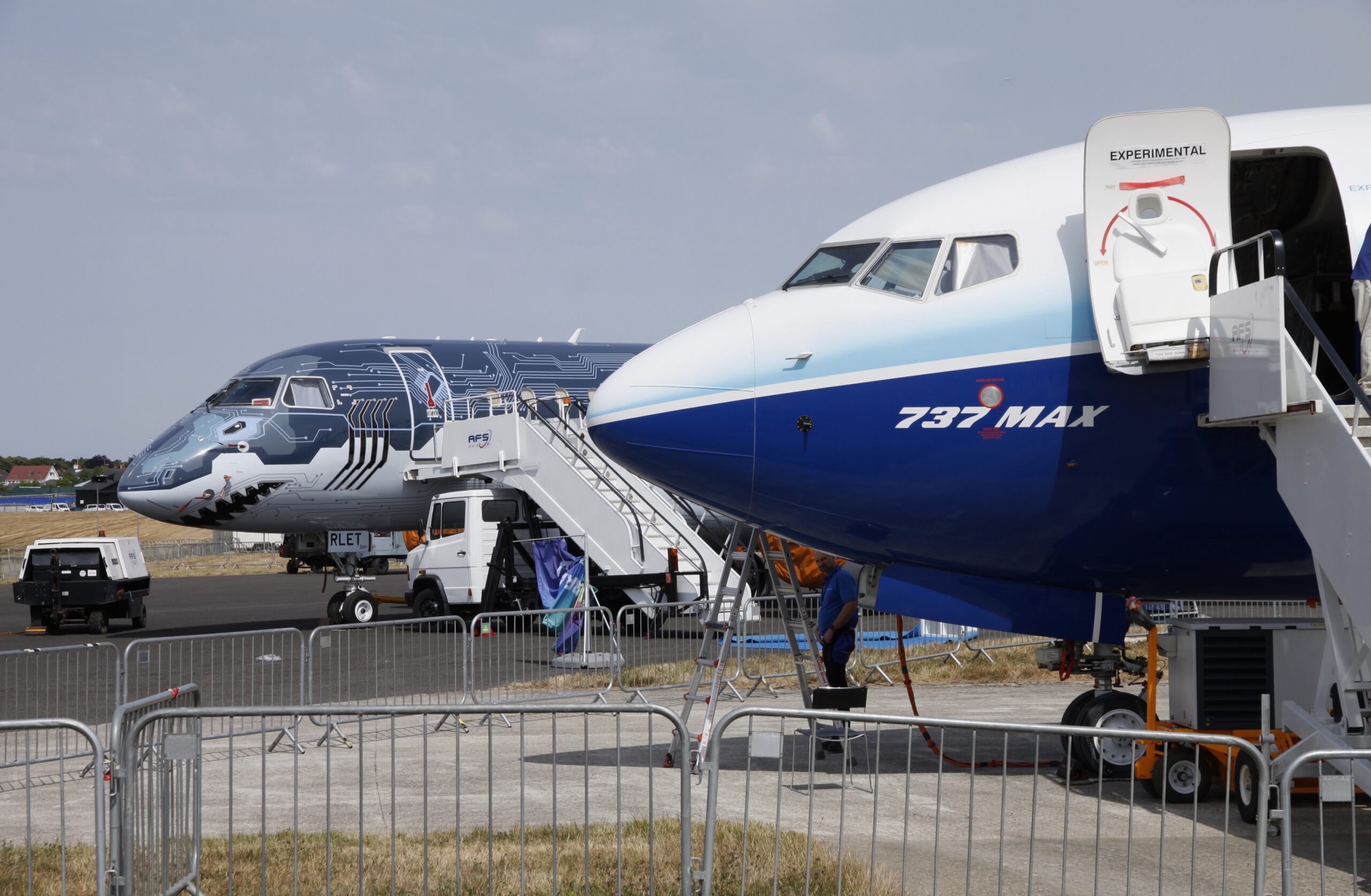
MG 7878 scaled
As we outlined earlier, the deferred prosecution agreement that was hammered out between the Department of Justice and Boeing in 2021 has been re-opened by a Federal judge in Texas because the victims were not represented in that agreement. The arraignment for a potential trial began today with Boeing pleading “not guilty” to charges of conspiracy to commit fraud with respect to the certification of the 737 MAX aircraft.




